Character and Opinion in the United States
Character and Opinion in the United States
The major part of this book is composed of lectures originally addressed to British audiences. I have added a good deal, but I make no apology, now that the whole may fall under American eyes, for preserving the tone and attitude of a detached observer. Not at all on the ground that “to see ourselves as others see us” would be to see ourselves truly; on the contrary, I agree with Spinoza where he says that other people’s idea of a man is apt to be a better expression of their nature than of his. I accept this principle in the present instance, and am willing it should be applied to the judgements contained in this book, in which the reader may see chiefly expressions of my own feelings and hints of my own opinions.
Book Excerpt
nclusions beforehand into the acceptable and the inacceptable, the edifying and the shocking, the noble and the base. Wonder has no longer been the root of philosophy, but sometimes impatience at having been cheated and sometimes fear of being undeceived. The marvel of existence, in which the luminous and the opaque are so romantically mingled, no longer lay like a sea open to intellectual adventure, tempting the mind to conceive some bold and curious system of the universe on the analogy of what had been so far discovered. Instead, people were confronted with an orthodoxy--though not always the same orthodoxy--whispering mysteries and brandishing anathemas. Their wits were absorbed in solving traditional problems, many of them artificial and such as the ruling orthodoxy had created by its gratuitous assumptions. Difficulties were therefore found in some perfectly obvious truths; and obvious fables, if they were hallowed by association, were seriously weighed in the balance against one another or against the
Editor's choice
(view all)Popular books in Essays, History, Philosophy
Readers reviews
0.0
LoginSign up
Be the first to review this book
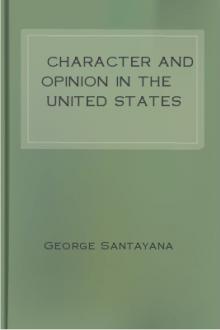
 Free Download
Free Download













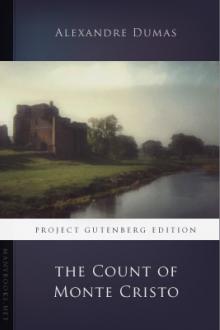
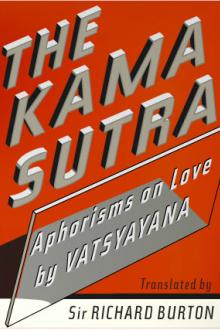

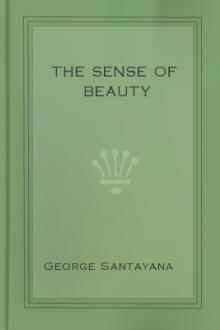
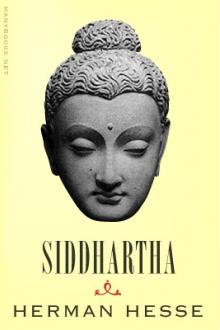
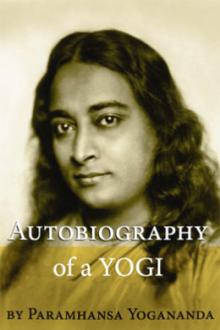
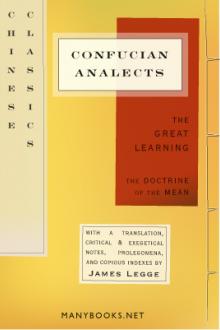
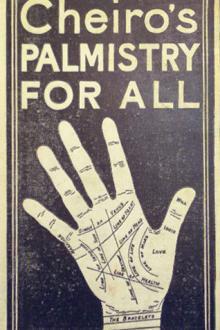
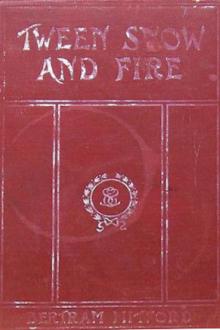
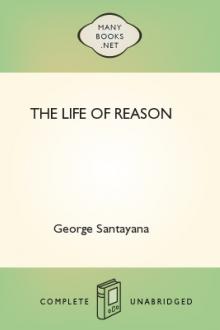
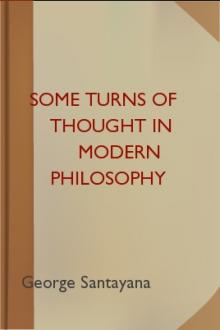
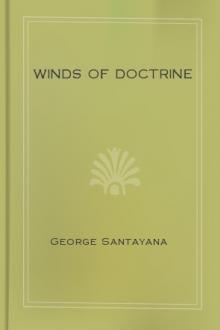
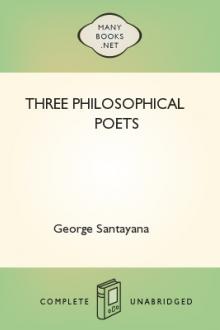
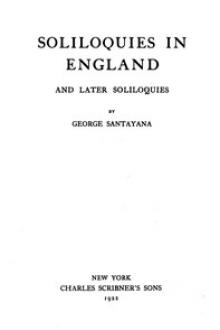
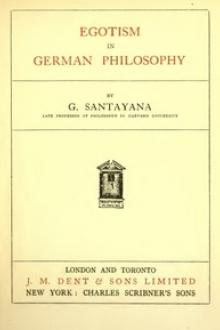

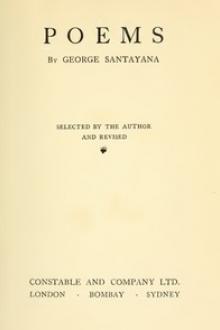
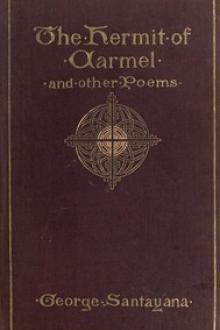
-itok=vcKIB5v1.jpg)
